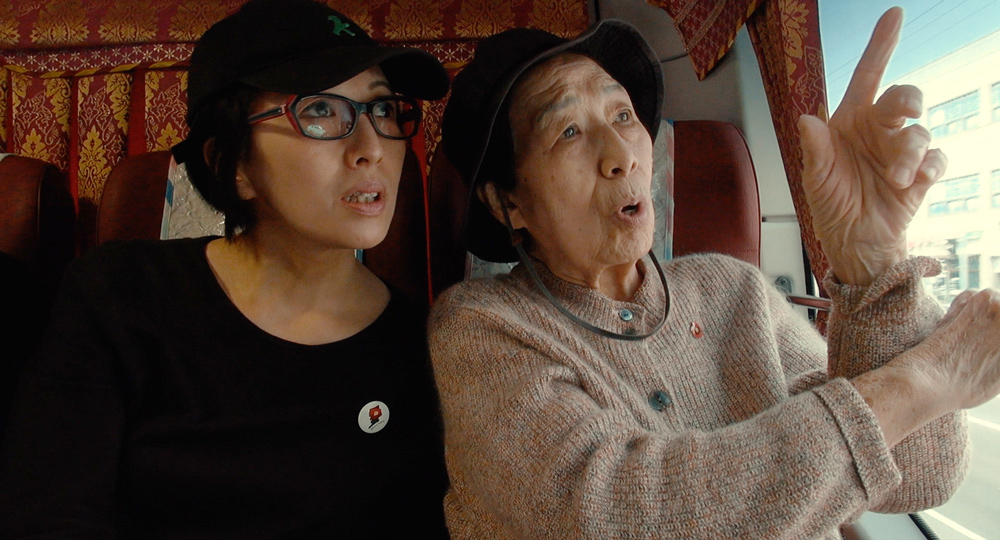!["Soup and Ideology" Director Yang Yong-hee Depicts the moment when a mother's cooking transcends nation and ideology [Director's Interview Vol.213]](https://cinemore.jp/images/c86b00427d16ed745a59904b08191236359695d95d391af575704c2f6a5467a4.jpg)
"Soup and Ideology" Director Yang Yong-hee Depicts the moment when a mother's cooking transcends nation and ideology [Director's Interview Vol.213]
Thoughts on the Jeju April 3 Incident
Q: This film is shocking because it describes the vivid reality of the massacre that your mother experienced during the Jeju April 3 Incident. What made you find out that your mother was a survivor of the incident?
Yang: Around 2004, when I was editing Dear Pyongyang , the editorial staff and I were reading books about the April 3rd Incident. My father was from Jeju Island, but he came to Japan in 1942 before the incident. My mother was from Japan, so at the time I didn't know that she had experienced the incident. When I asked her, "You're born in Japan, so you have nothing to do with April 3rd, right?" she would pretend not to notice, saying something like, "That's right." But when I asked her, "Has your mother never been to Jeju Island?" she would say, "I've never been there," or "Only a little bit" (laughs). When it came to Jeju Island, my mother would say different things.
In the midst of all this, my father passed away in 2009, and my mother began living alone. She had nothing to do, as caring for her family was like a hobby. I was worried that my mother would become depressed, so I went to Osaka all the time. Then my mother confessed to me, "I'm telling you this because my father passed away, but when I was on Jeju Island, I had another fiancé." I was shocked, "What?!"

“Soup and Ideology” (C) PLACE TO BE, Yang Yonghi
Q: You confessed after your father passed away. Was that out of consideration for your husband?
Yan: My mom was really funny. She told me, "You too, if you find a good man, don't talk about your ex-boyfriends" (laughs), and "Men don't like that sort of stuff." I was like, "What kind of advice is that?" (laughs).
She told me that her mother's fiance in Jeju Island was a doctor, so I was like, "Oh, so you missed out on becoming a doctor's wife." Then she said, "No, that's not the point."
*It is believed that her fiance was killed by South Korean troops during the Jeju April 3 Incident.
The Day After my mother started talking about "April 3rd" and said, "So many people were killed. The river turned red and the bodies piled up." I didn't organize my thoughts properly, but I guess images popped into my head. It was like she was conveying to me the images she had witnessed long ago.
Q: Is it like a flashback?
Yan: Yes. I think it's a memory that I tried really hard to erase. It was painful, so I tried to forget it by tucking it deep inside my heart and putting a tight lid on it, so it didn't all come out at once. If I talked a little bit, I'd say, "Ah, I forgot." But the next day, I'd say, "After talking a little bit, I remembered more," or, "It appeared in my dream." Gradually, I started talking more and more.
I filmed it like a collection of testimonies, but the stories were short and people would say things like, "I've already forgotten," halfway through, so it was an almost useless record. I realized that I couldn't make a feature-length film like this, and was thinking of making a short film out of my mother's testimony about the "4/3" incident when a strange Japanese man showed up (laughs).
Q: (laughs) That would be Kaoru Arai, Director Yang's husband.
Her husband's presence is the driving force behind the film.

